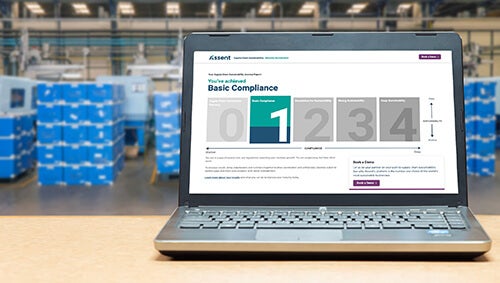The Act for Resource Recycling of Electrical and Electronic Equipment and Vehicles (commonly known as Korea RoHS) was adopted by the National Assembly of Korea on April 2, 2007 and entered into force on July 1, 2008. The Korea RoHS restricts the same substances and concentration limits as is being used in the European Union’s RoHS Directive, which includes lead, mercury, hexavalent chromium, polybrominated biphenyls, cadmium and polybrominated diphenyl ether. Currently, Korea RoHS compliance applies to electrical and electronic equipment, including home appliances, cellular phones, computers, audio devices, etc., as well as vehicles that include component parts.
Korea RoHS is designed to limit the use of certain Hazardous Substances in the design and manufacture of certain types of electrical and electronic products. The directive also requires the establishment of an annual recycling rate; the declaration on the compliance with the concentration limits of hazardous substances; the provision of recycling information; a mandatory recycling rate for electrical and electronic equipment; recycling rate and methods for end-of-life vehicles; permission of collective recycling schemes; submission of recycling performance for end-of-life vehicles; and the registration of end-of-life vehicle recyclers.





